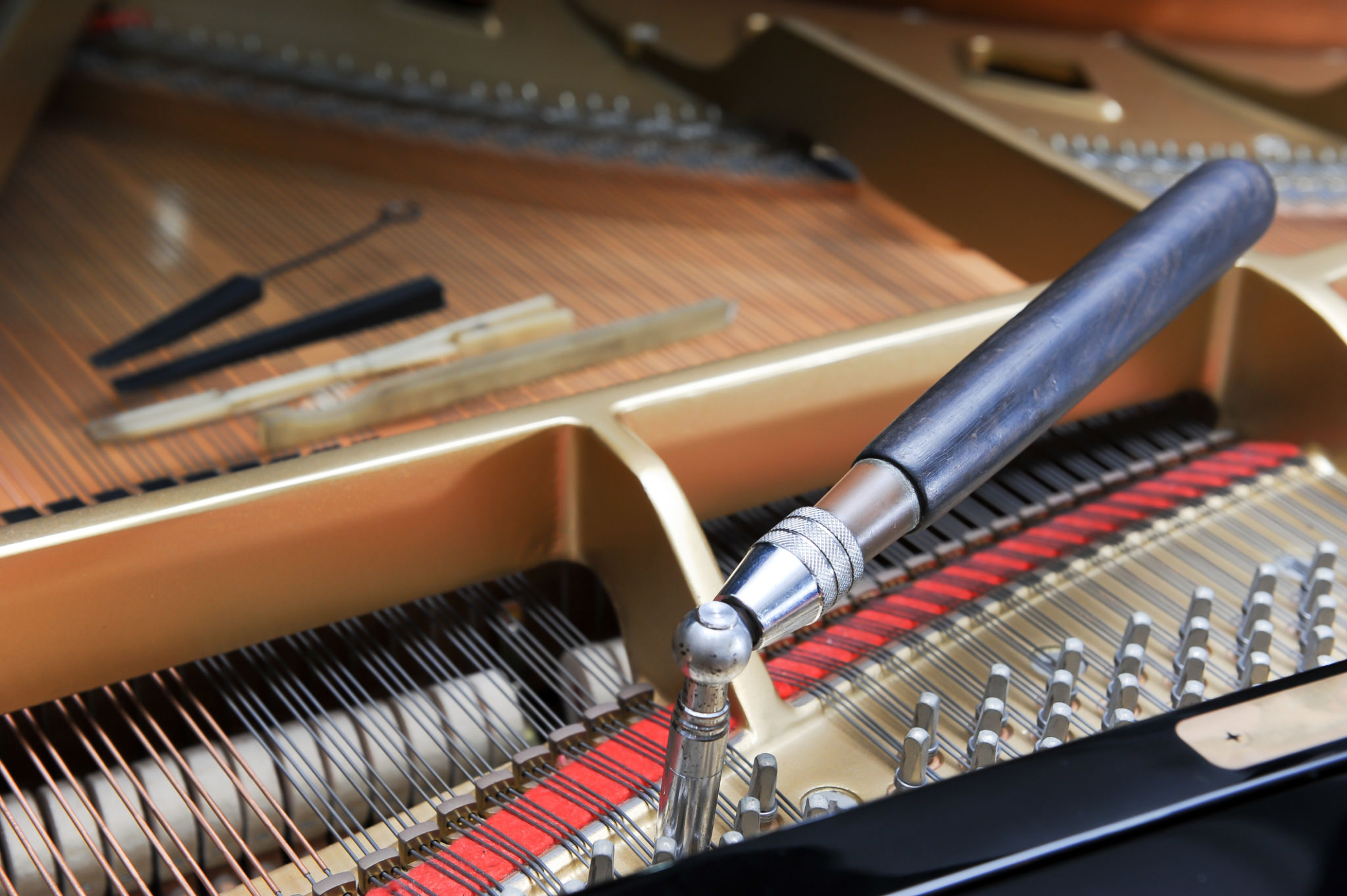Exploring the Art of Piano Repair: When to Call a Professional
Understanding the Basics of Piano Repair
Pianos are intricate instruments that combine both artistry and engineering. Whether you own a grand piano or an upright, understanding the basics of piano repair can enhance your appreciation and care for the instrument. While minor adjustments are manageable for some, there are times when calling a professional becomes essential.
The complexity of a piano lies in its thousands of parts, including strings, hammers, and keys, each playing a crucial role in sound production. Regular maintenance is key to ensuring your piano remains in optimal condition, but it's also important to recognize when professional intervention is necessary.

Common Piano Issues
Pianos, like any other instrument, can develop issues over time. Some of the most common problems include:
- Sticky Keys: This can be caused by humidity, debris, or misalignment.
- Out-of-Tune Sound: Regular playing and environmental changes can affect tuning.
- Broken Strings: Strings can snap due to wear or improper tension.
While some of these issues might seem minor, addressing them promptly can prevent more significant damage and maintain the quality of your piano's sound.
When to Call a Professional
Knowing when to enlist the help of a professional is crucial for maintaining your piano's health. Here are some scenarios where professional repair is recommended:
- Complex Repairs: Issues like broken strings or damaged hammers require specialized tools and expertise.
- Tuning: While it might be tempting to tune a piano yourself, professionals have the skills to ensure perfect pitch without causing damage.
- Regulation: This involves adjusting the action mechanism to ensure even response across all keys, which is best handled by trained technicians.

Benefits of Professional Repair
Engaging a professional for piano repair offers several advantages. Professionals bring years of experience and knowledge, ensuring that repairs are done correctly and efficiently. They can also offer valuable advice on maintaining your piano and preventing future issues.
Additionally, professionals have access to high-quality parts and tools that might not be available to the average piano owner. This ensures that any replacements or repairs done are of the highest standard, prolonging the life of your instrument.

Regular Maintenance Tips
While professional intervention is sometimes necessary, regular maintenance is something you can do yourself to keep your piano in top shape. Here are a few tips:
- Keep Your Piano Clean: Dust the surface and keys regularly to prevent buildup.
- Control Humidity: Pianos thrive in stable environments; consider using a dehumidifier if necessary.
- Play Regularly: Regular playing keeps the internal mechanisms in use and prevents stiffness.
By combining regular maintenance with professional care when needed, you can ensure your piano remains a beautiful and functional part of your home for years to come.
